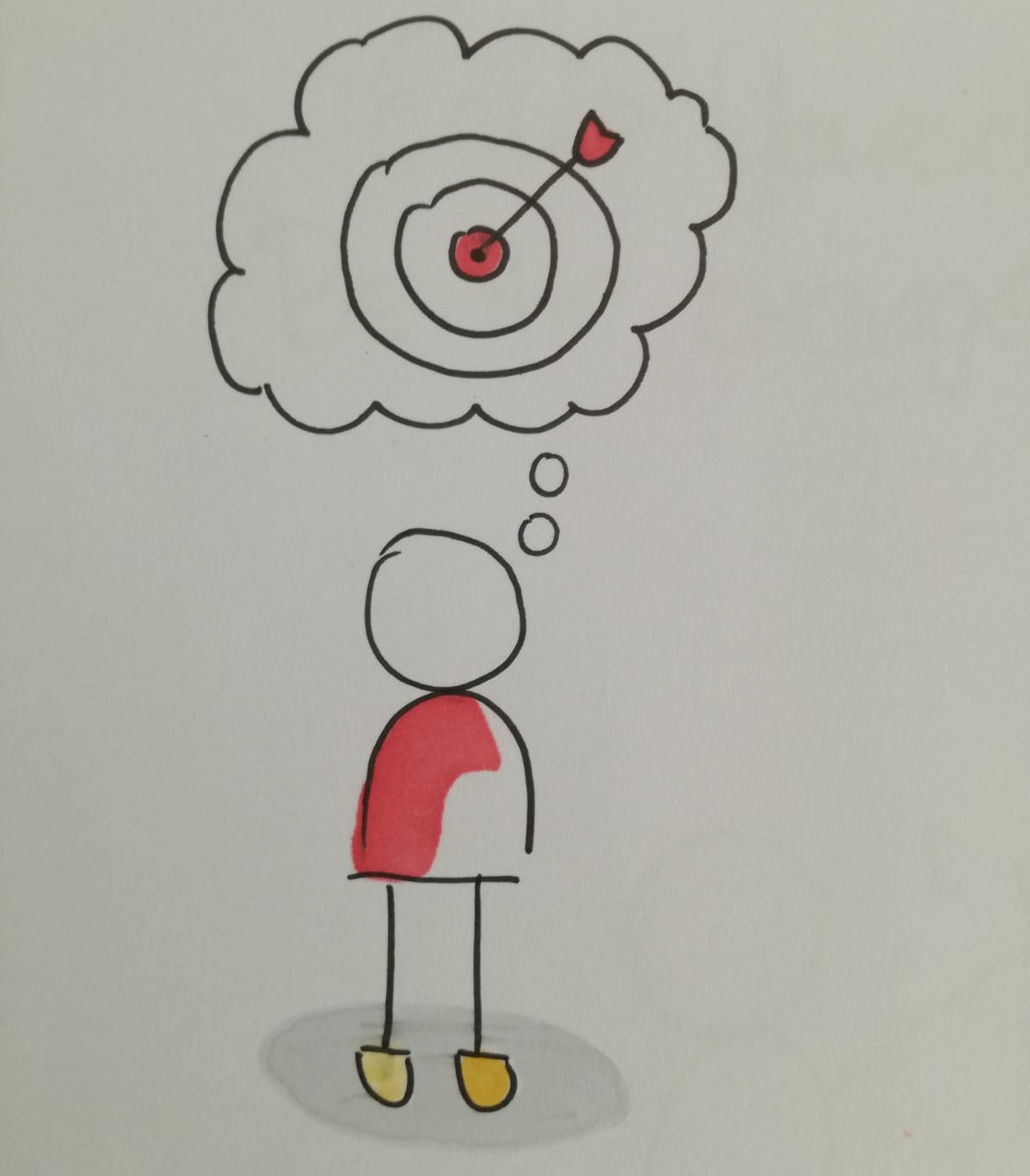Determining your goals, based on your ambitions or challenges, will help you to create focus and maintaining a clear direction. How to do this in a time or environment where your focus is constantly challenged by other priorities fighting over your attention?
The most important job of leaders is to create results. Creating results makes leaders effective. Unfortunately, economic drivers within organizations have focussed more on cost, time and resource reductions and process efficiencies. Leaders have been “appointed”, by selecting people who showcase behavior to match the focus of companies on efficiencies, rather than effectiveness. The result is that we now have very efficient leaders in most companies, who are not necessarily very effective. Most important issue is this: “appointing” leaders and selecting “leaders” who are willing to follow the direction of the company, creates leadership teams who are not able to determine how to contribute to these goals by setting their own goals. Can we fix this? Does this require selection of different leaders, or is a trait and skills which can be learned?
My strong believe is that it will be a bit of both: to a certain extend you need a new type of leader and to a certain extend the existing leaders can learn to define their own goals, based on the overall direction of the company.
Selecting a different kind of leadership requires a clear vision on the behaviors that lead to goal setting and determining how to achieve those goals. This behavior can be influenced by someone’s character, personal values or drives, but it doesn’t have to be. Although it is very interesting to look at the personalities of leaders, it is not the determining factor of leadership behavior. Also, personalities and believes are difficult to change, whereas behavior is adapatable. Professor Robin Stuart-Kotze as wel as professor Reddin, and many others, have written extensively on leadership behavior being the most predictive indicator of effictiveness than personality or drives. It would make sense to observe leadership behavior, assess the results that leaders achieve, but also to assess leadership behavior by proven assessment tools, to predict future behavior or behaviors under different circumstances. However, as behavior is adaptable, it would be wise to make this a continuous process, as leaders evolve, as well as their behaviors and results.
As behavior is adaptable, it can also be learned. People have the aptitude to learn from theory, reflection, experimentation and experience (Kolb learning styles). Therefore, supporting leaders in developing the skills, tools, mindsets, techniques, vocabulary and support to constantly develop effective leadership behavior, will have significant impact on the results of your company.
So how do leaders lead themselves? Of course you could look at the Seven Habits of Highly Effective People, by Stephen Covey. On the level of personal leadership he points out a few interesting techniques, the first three of the seven habits: 1. Be proactive, 2. Begin with the end in mind, 3. First things first. This is true for every person: leading yourself to success in live requires proactiveness, having the result in mind and making steps in that direction. However, my personal believe is that in the current day and age, this is not what is so challenging for leaders. It is the constant pressure of the environment to do different things, switch between priorities, being different people: complying with company regulations versus being an authentic influencer, following the company direction and being a visionary and pioneer to an uncertain future, clear out your email inbox versus being autonomous in determining your priorities. Also, balancing prioritities in work and personal life, weighing short term priorities and long term investments. So, what is required to determine your goals and maintain focus? I strongly believe that Awareness is the key: constantly assessing these paradoxes and being true to oneselve. Matching the priorities that will lead to results with what the situation requires. Authenticity, work life balance, wellbeing and purpose have grown to become more important factors to consider, also for leaders.
We need new techniques to balance these situational factors and support leaders to become aware about the choices they make to deliver the results that they determine. Luckily, we have some very solid management theories to work from, such as the 3D theory of Bill Reddin, and a wide variety of modern practices to chose from to add to that foundation. And a new generation of leaders coming to the workplace, who have been raised in a time of many conflicting priorities. What can they teach us? Let’s explore further.
